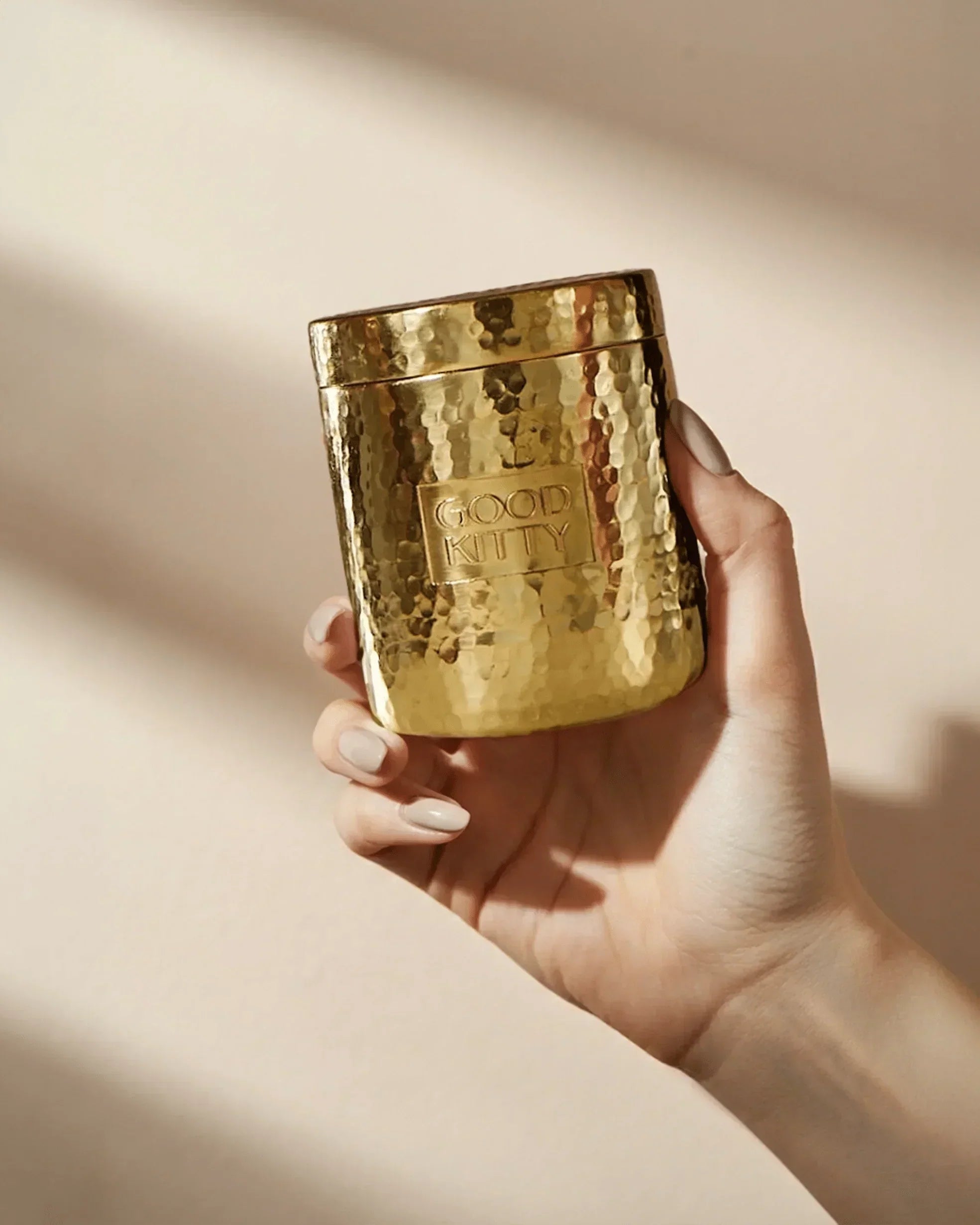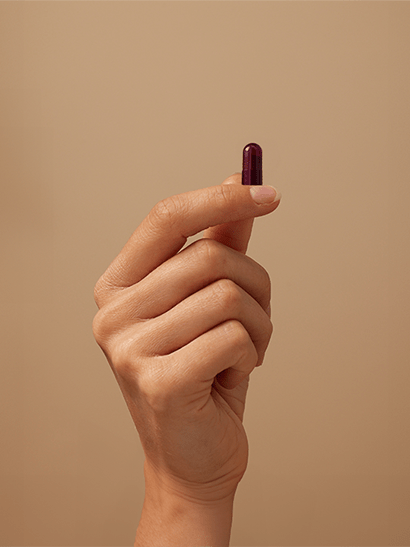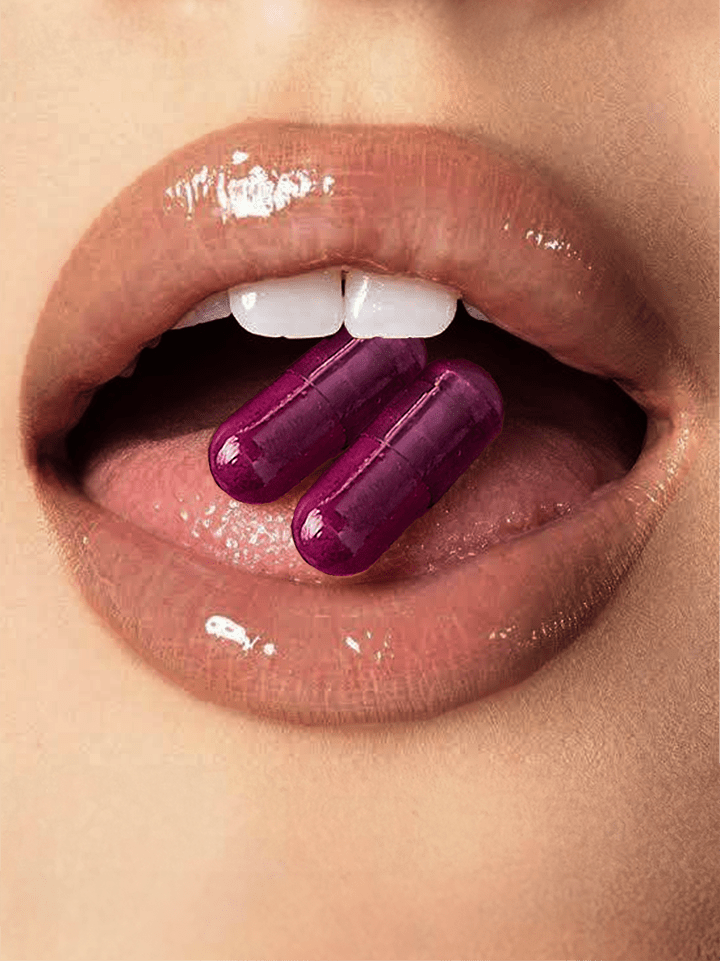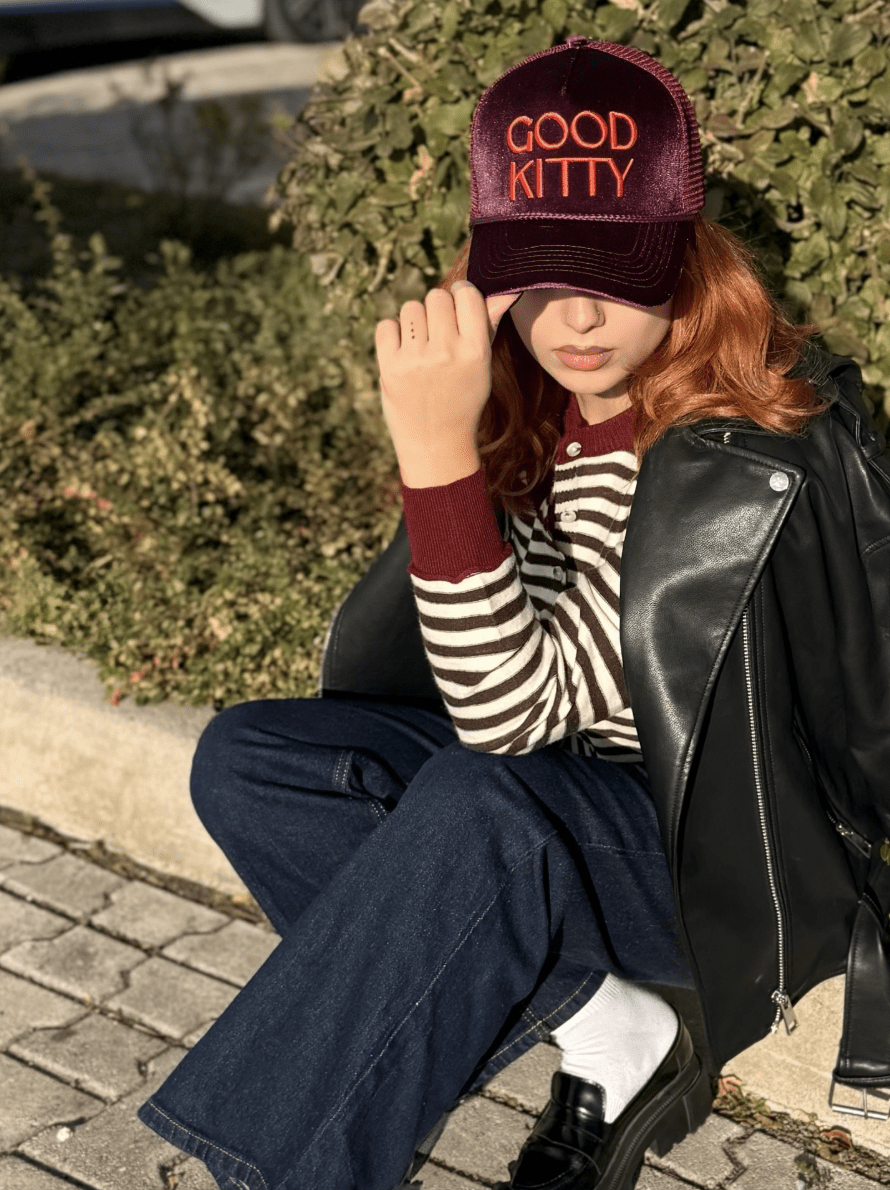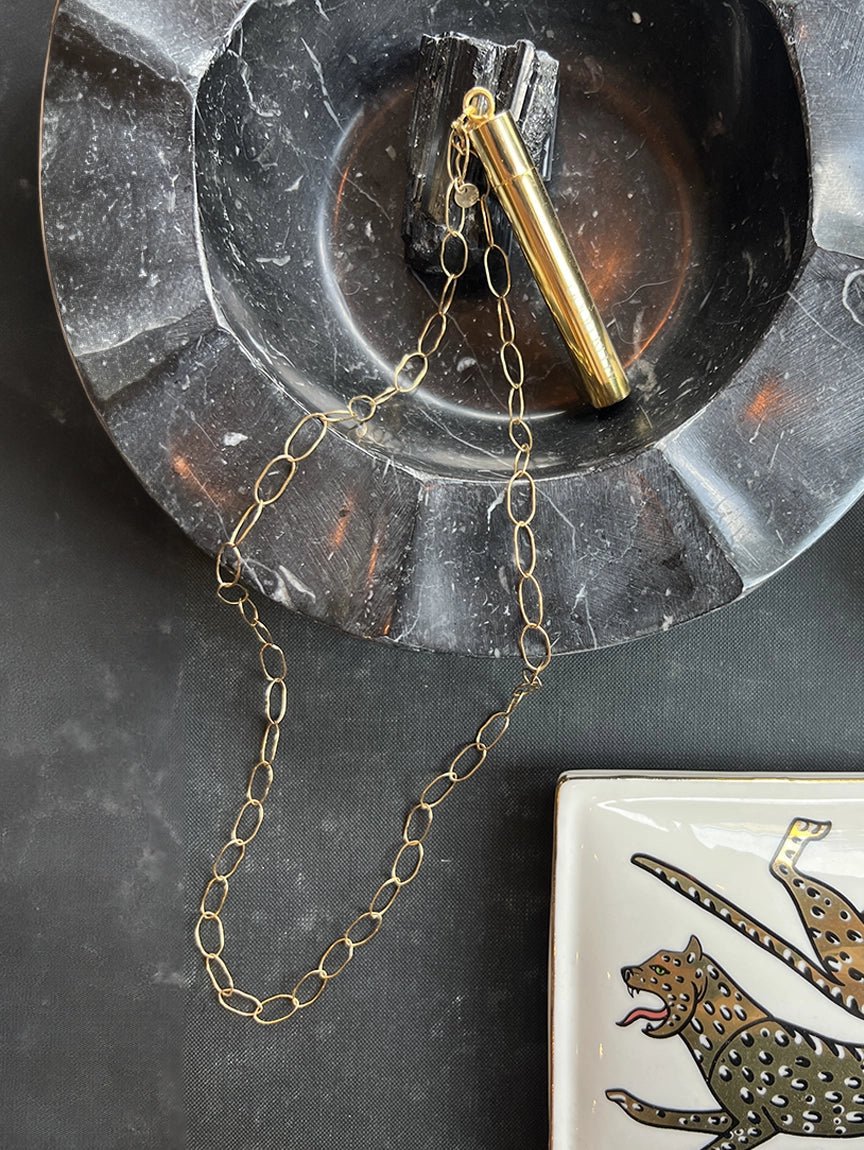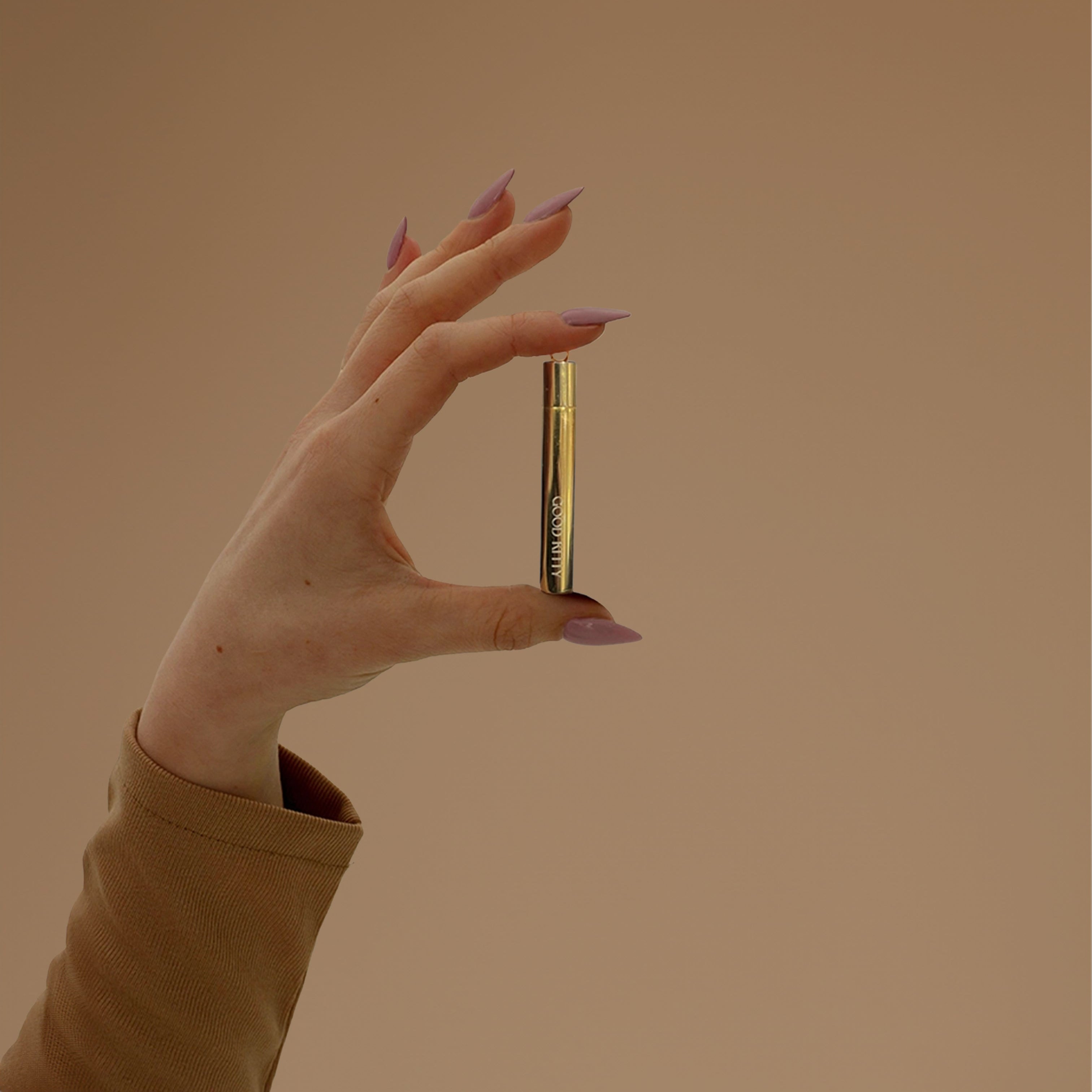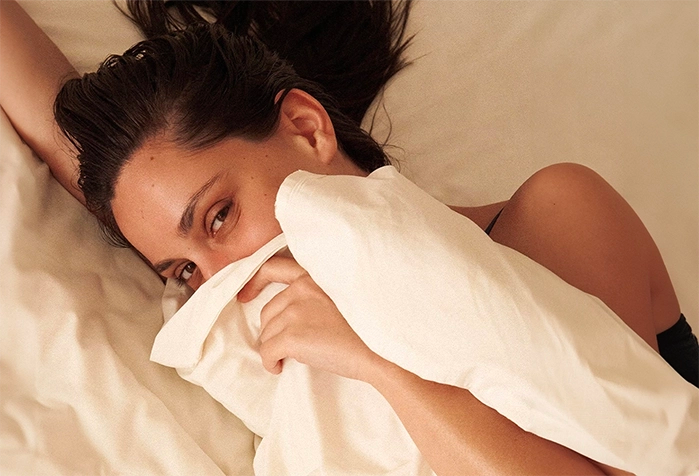In the world of women's sexual health, our brand stands apart through its distinctive fusion of science, sustainability, and sophisticated design. Good Kitty isn't just creating supplements—we're crafting an experience that transforms the conversation around women's intimate health through intentional design thinking.
We didn't set out to simply create another supplement. As a designer and brand visionary with a keen understanding of how aesthetics shape experience, I recognized that women's sexual wellness products had long been relegated to clinical packaging and apologetic messaging. My expertise in transforming spaces and brand identities allowed me to see the opportunity to reimagine UTI prevention as something women could embrace rather than hide.
I craft stories through design that transform spaces and brands alike. This philosophy guided my approach to Good Kitty, where each product becomes part of a larger narrative—one where women's health is celebrated rather than stigmatized.
Designing a new paradigm
The Good Kitty aesthetic speaks volumes: luxurious gold-toned canisters, sophisticated typography, and sensual imagery that exudes confidence. This isn't your typical pharmaceutical approach—it's a deliberate design choice that elevates the experience of preventative health.
The brand's signature elements include:
- 24k gold-plated pill pendants that transform medication into wearable art
- Counter-worthy canisters designed to be displayed proudly, not hidden away
- Compostable refill packets that merge luxury with environmental consciousness
- Curated artistic collaborations with female creators worldwide
Each element reflects my comprehensive understanding of how design influences emotion. The rich cranberry soaked color of the supplements, the hammered texture of the containers, the sensual curves of the of Astrid's linotypes on our packaging—these aren't arbitrary choices but calculated design decisions that communicate value, sophistication, and empowerment.
Beyond Aesthetics: Design with purpose
What makes Good Kitty revolutionary is how design serves as a vehicle for changing perceptions. By creating products beautiful enough to display and wear, we have shifted UTI prevention from a clinical necessity to a self-care ritual.
This transformation illustrates the power of emotional design—the practice of creating experiences that resonate on a deeper level. Colors evoke confidence, typography communicates luxury, and imagery inspires desire, collectively forming a brand experience that feels less like taking medication and more like indulging in self-care.
Similar to how Seed revolutionized probiotics by positioning them as sophisticated wellness essentials rather than medicinal supplements, Good Kitty has elevated UTI prevention products through thoughtful design. Both brands demonstrate how design thinking can transform healthcare products into desirable lifestyle items without compromising efficacy.
Sustainability by design
Environmental consciousness is woven into Good Kitty's design DNA. The brand's commitment to sustainability isn't an afterthought but a core design principle:
- Zero-waste packaging engineered to minimize environmental impact
- Compostable refill systems that reduce plastic waste
- Recyclable materials throughout the product lifecycle
These choices reflect our holistic approach to design, where beauty and responsibility coexist seamlessly. Drawing inspiration from brands like Seed, which pioneered sustainable packaging in the wellness space with its FSC-certified materials and home-compostable refill pouches, Good Kitty demonstrates that luxury and eco-consciousness can co-exist harmoniously.
According to research in the Journal of Consumer Psychology, sustainable packaging that maintains premium aesthetics can actually enhance brand perception and customer loyalty. By focusing on both beauty and responsibility, Good Kitty positions itself at the intersection of luxury and conscious consumption.
A movement, not just a product
Good Kitty transcends its function as UTI prevention to become a statement piece in women's wellness. It's the embodiment of my belief that design can transform perceptions and elevate experiences.
Through meticulous attention to aesthetic detail and brand storytelling, we have created more than supplements; we have designed a new conversation around women's intimate health. One where prevention is proactive rather than reactive, where wellness products deserve the same design consideration as luxury goods, and where women's health needs are celebrated rather than concealed.
This approach aligns with emerging trends in women's health design, where brands are increasingly focusing on creating positive, empowering experiences around traditionally stigmatized products. As highlighted in Design Week's coverage of innovations in health product design, "The most successful brands are those that transform necessary health products into objects of desire and self-care."
In creating Good Kitty, we haven't just designed a product, we've engineered a cultural shift, proving that when it comes to women's wellness, how something makes you feel can be as important as what it does.
References
Seed.com. (2024). "Sustainability - Our Approach to Design and Environmental Impact." https://seed.com/sustainability
Core77 Design Awards. (2023). "A sustainable packaging system made with busy parents (and the Earth) in mind - by Seed Health." https://designawards.core77.com/Packaging/122854/A-sustainable-packaging-system-made-with-busy-parents-and-the-Earth-in-mind
Journal of Women's Health. (2024). "Design Psychology in Women's Health Products: Impact on Adherence and Wellbeing." Vol 33, Issue 2, pp. 145-159.
Women's Health Magazine. (2024). "The Design Revolution in Women's Wellness Products." Issue 245, pp. 78-82.
Design Week. (2024). "How Design is Destigmatizing Women's Health Products." https://www.designweek.co.uk/features/destigmatizing-womens-health
The Dieline. (2024). "Seed Makes An Impact On Human & Planetary Health." https://thedieline.com/blog/2018/12/11/seed-makes-an-impact-on-human--planetary-health
Harvard Business Review. (2023). "The Business Case for Emotional Design in Healthcare Products." Vol. 45, Issue 3, pp. 112-118.
[^8]: Journal of Sustainable Product Design. (2024). "Luxury and Sustainability: New Paradigms in Consumer Health Products." Vol. 12, Issue 1, pp. 23-41.
Read more
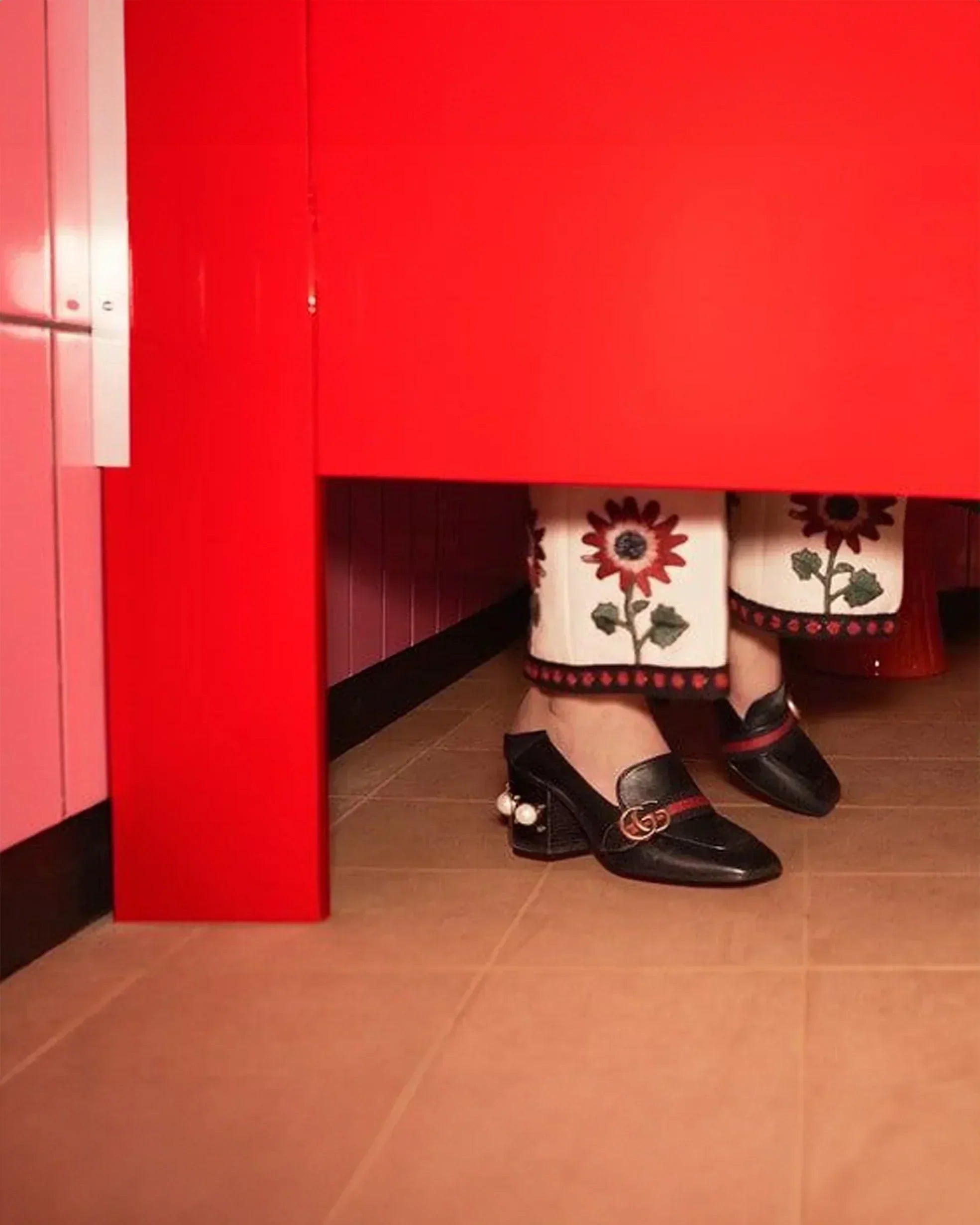
Learn to distinguish between UTI and overactive bladder symptoms, causes, and treatments. Stop misdiagnosis and find the right solution for your frequent urination.
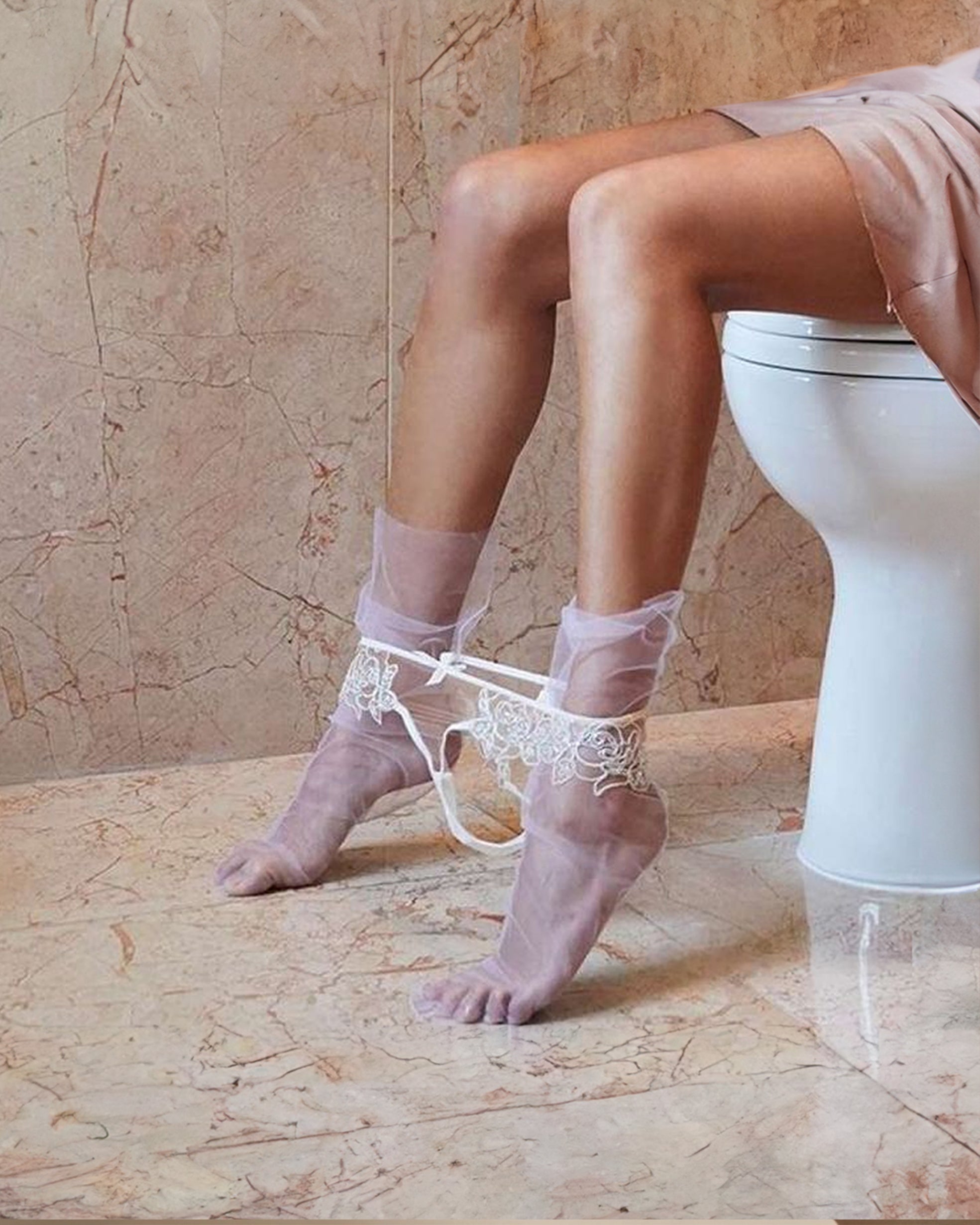
Gamechanger in UTI Prevention survival guide: The right way to pee after sex—make it a real flush.

